Go, music and AI: An interdisciplinary dialogue on creativity AI and society 01
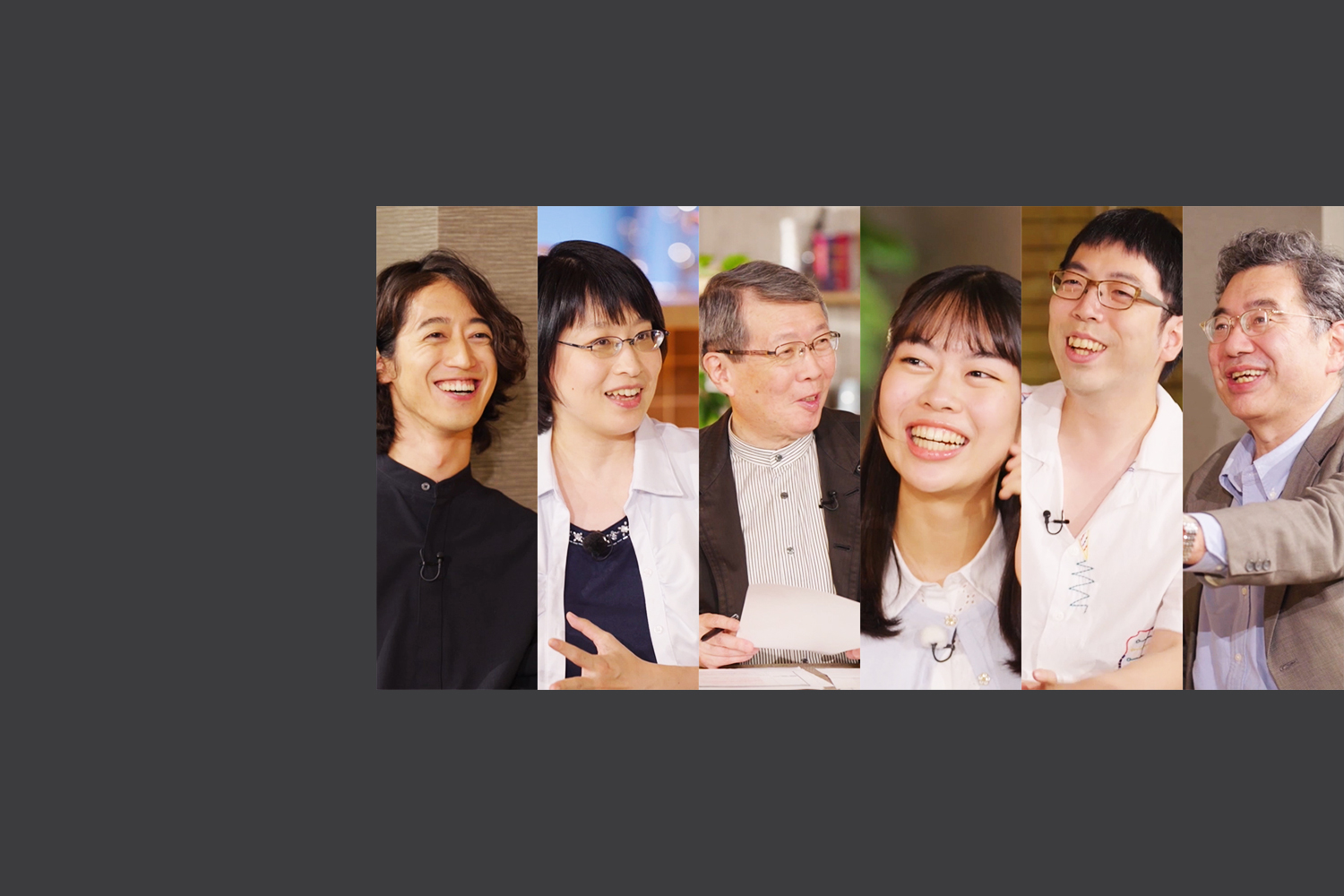
Rapid advances in artificial intelligence (AI) technology capable of generating images and text have been generating a great deal of buzz lately. In this series, we focus on how the relationship between generative AI — which has captivated the world with programs like ChatGPT — and people and society will evolve in the future.
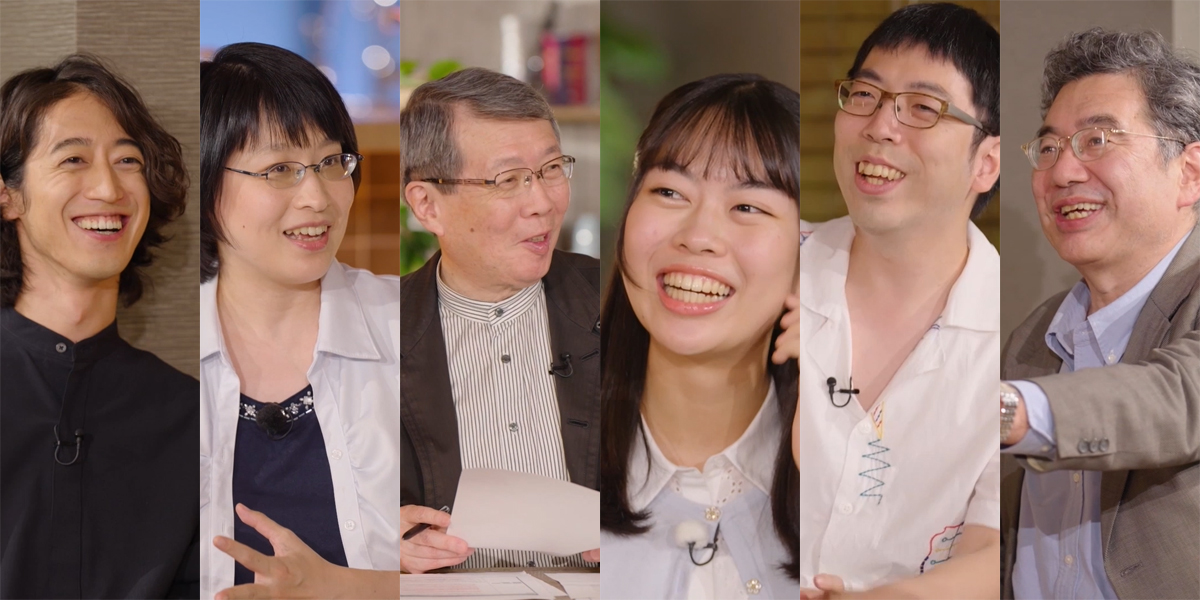
In the series’ first installment, specialists from various fields gather for a roundtable discussion on the topic of creativity in the context of generative AI, including their expectations and concerns, as well as the meaning and value of creativity. The following is a condensed version of the interdisciplinary dialogue, hosted by Tokyo College and featuring: pianist Hayato Sumino; Go players Asami Ueno and Hirofumi Ohashi; Professor Hitoshi Matsubara, an AI researcher and developer; and Associate Professor Arisa Ema, a science and technology studies expert, with Project Professor Masashi Haneda, a global historian and Tokyo College director, serving as moderator.
Deep learning progression
Matsubara: The artificial intelligence technology called deep learning is what set the stage for the present AI boom. The image-generating AI and the text-generating ChatGPT AI are all extensions of this technology. The same can be said for powerful AI developed to play the board game Go, which created a buzz earlier on. What is notable now is the sheer volume of data used to train such AIs. As in the case of Go AI, which was trained on enormous amounts of data, image- and text-generating AI, trained on the vast quantities of image and text data available on the internet using state-of-the-art techniques, are performing at a level that has exceeded our expectations. We could say this is because quantity has transitioned into quality.
Haneda: Go AI became more powerful by competing against itself and coming up with novel moves. Is ChatGPT also creating something new?
Matsubara: ChatGPT collects human language data and is creating new language that did not exist before. Efforts are now underway to retrain ChatGPT using this newly generated language.
Sumino: Is there a possibility that AI will develop its own language that can only be used by AI?
Matsubara: AI will teach itself that communicating with shorter data is better. So, it is highly probable that AI will start creating a codelike language on its own to reduce the amount of data needed to convey an idea that, for example, would require 100 words for people to communicate. This language would only be understood by AI models.
AI literacy challenges
Haneda: As generative AI advances rapidly, I imagine deviations from the norms and rules of society up to this point will undoubtedly occur.
Ema: The fact that our literacy has not kept up is a problem. It takes time for people to build consensus, formulate laws and guidelines based on this consensus, and create conditions where the technology can be used appropriately. The challenge we are facing now is for our social lives and this evolving technology to march in lockstep. There is also a concern that whenever a new technology emerges, a divide inevitably forms between those who can and cannot use the technology.
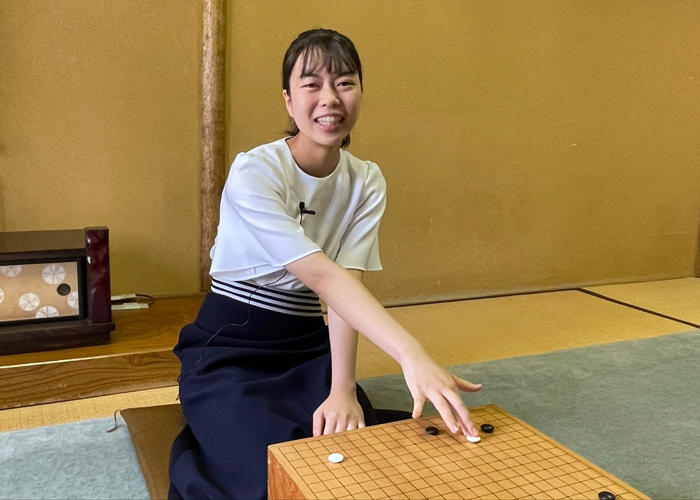
Ohashi: The Go community experienced exactly what you just described about five years ago. If we were to draw an analogy with the Go AI model AlphaGo (which had created a stir by becoming the first AI to beat a professional human Go player), I’d say ChatGPT is still at an early-version phase. I would expect to see explosive progress over the next three or so years, accompanied by the many problems that will emerge. You could say that the Go world is a bit ahead of the curve in this respect.
Ema: People who have become familiar and have adopted AI from an early age will increasingly experiment with the technology. Eventually, we will see an entire generation that will have mastered AI like Ms. Ueno here.
Ohashi: We may, for example, see a child prodigy with abilities surpassing AI emerge from this generation, who, like Ms. Ueno, would have studied and been familiar with the technology as they grew up. If rules are not in place to protect them, then they could be suspected of cheating. New rules will be necessary in the coming era for the protection of the next generation of geniuses.
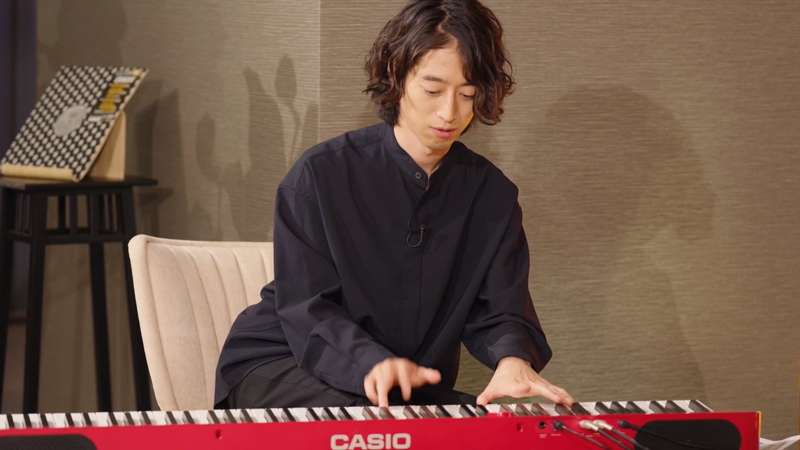
Haneda: What is the situation in the world of music? Has anything changed fundamentally due to the emergence of generative AI?
Sumino: Unlike Go, there’s no right and wrong in music. I don’t think there’s much difference between choosing BGM (background music) from among the countless options that exist in the world and creating something new. This is perhaps why, in music, the value of AI has not increased. That said, AI’s ability to generate enormous amounts of music instantaneously will be useful for accelerating the pace of music composition and music arrangement.
Ohashi: At this point at least, it seems that AI is more compatible with Go, where there is a clear winner and a loser, than with music, where there aren’t any.
Creativity in the realms of music and Go
Sumino: It is ultimately people who decide what is creative. But I think there are two types of creativity: intentional creativity and unintentional creativity. I often record music that flows out through my body unwittingly, which I evaluate later. I am eagerly looking forward to the possibility of AI generating such unintentional creativity.
Ohashi: Ms. Ueno made a move during her last title match that amazed other professional Go players. To her, it may not have been anything out of the ordinary, but it struck those pros watching as an extremely creative move.
Ueno: Sometimes, before making a move, I consider if it is consistent with AI or what a top-level Go master would do. But, in that particular case, I just went with the move that I genuinely wanted to make.
Ohashi: From an AI standpoint, Ms. Ueno’s tactic would be considered a “bad move.” But for those who were watching, it was exhilarating. People say that since the advent of Go AI, Go players all make similar moves. But fans say that Ms. Ueno’s Go is fun to watch.
Ema: I wonder whether in Go, unlike in the music and art realms where there is no correct way to do things, there is the presumption that the move AI would make is the correct one, such that a move that deviates from this is seen as original or creative. The fact that we consider a move that strays from the correct one AI would make, or an unconventional one that defies evaluation, as being creative seems strange to me.
Haneda: Is AI creating anything? This is the important question for today’s discussion. Professor Matsubara is involved in a project to create a new volume of Japanese manga artist Osamu Tezuka’s Black Jack series with the help of generative AI. Is AI creating something new? Or is it just imitating something that exists?
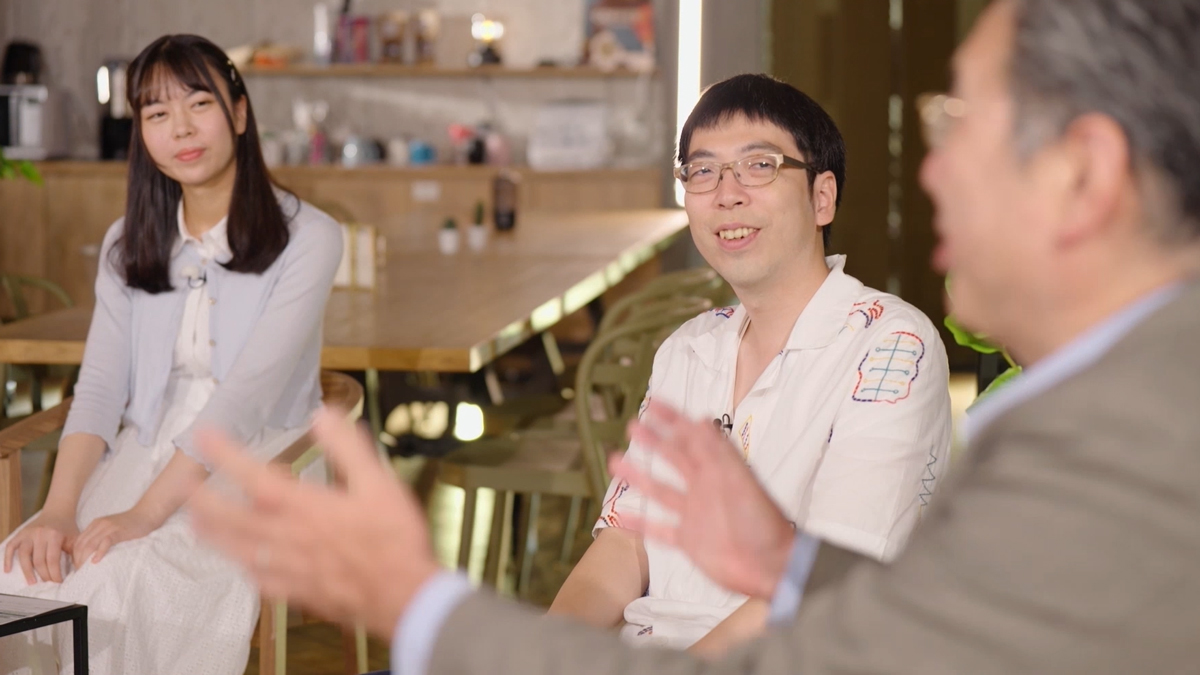
Matsubara: There is a debate now over who should be credited as the originator of new works created by AI. The AI model is trained on previous works and characters produced by the Tezuka studio; therefore, the new characters and stories are generated by an algorithm using past data. This is very different from the originality of, say, music. Still, if the audience feels there is something novel, we could say that a new creative work has been created by adding a new layer of creativity to Mr. Tezuka, the artist.
Ohashi: In the case of music, some computer-created pieces can’t actually be played. I think the constraints of human physicality, rather, give shape to the music’s uniqueness.
Sumino: Works by Frederic Chopin, in particular, are closely related to the physical body. Creativity, in large part, is the result of individuals’ limitations.
Matsubara: Computers don’t have enough constraints. At present, AI can produce enormous amounts of what might be called music, but you would be lucky if just one happens to sound like a musical piece. The reason why AI doesn’t generate anything that is creative is because it has too much freedom. The possibility of ChatGPT producing William Shakespeare is nearly zero. To get generative AI to write a beautiful novel, it needs to be constrained extremely skillfully with the appropriate checks.
Who shall be deemed creator
Haneda: It was only after the 18th century that creativity came to be considered an important value. Before then, originality was not always considered important. The concept of originality and copyright regarding people’s works first emerged in the West around the 18th century. The Western value of creativity that developed in the modern era is closely related to the concepts of person or individual that emerged around the same time. Which means that to ponder the very question of whether AI is creating something could be said to simply reflect the evolution of modern Western thought.
Matsubara: As an AI researcher, my theory is that creativity is not a particularly special ability, but just one of many. By having AI write novels and scripts, there is an element of trying to demonstrate that AI models, and not just people, are capable of creating such works, at least to a certain degree. AI models are like eyeglasses, which allow us to see things that we could already see, only larger, or to see things that are further away.
Haneda: So, are you saying that we can think of generative AI as a means of improving our own abilities?
Ema: In the question “Does AI possess creativity?” the subject of the sentence is AI and not humans. I think this is the issue. I tend to lean toward the opinion that we should no longer think of AI as the subject. AI is only a tool. It is up to people how to use it, and it is humans who will ultimately be held accountable. Declaring “AI also possesses creativity” creates a sense of fear that human dignity and existence are being threatened.
Creativity’s shifting value
Matsubara: One of the main goals of AI research is also to deepen the discussion on the nature of creativity and, further, what it means to be human, by considering the creativity of AI.
Ohashi: It would be great if we can learn to use AI effectively to do things that were not possible before.
Ueno: I feel that, in the future, we will see changes we could not even have imagined. I’m looking forward to that.
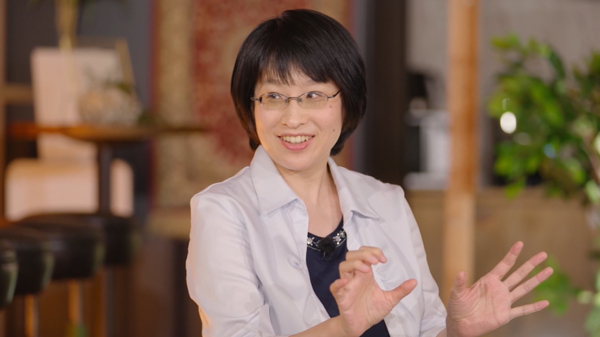
Ema: Even if ChatGPT declared works it generates to be very original and creative, that wouldn’t be very convincing. It is only when people evaluate a piece of music as being wonderful or a Go move as being spectacular that they are perceived as being creative. It is often said that the person who determines the value of something is not the person who accomplishes it for the first time but, rather, the next person in line, who discovers it. At this point, it is still people who should fulfill that role.
Haneda: Whether we are talking about humanity or creativity, these are concepts that are characteristic of a given point in time. These concepts and how they are evaluated may be quite different 100 years or 200 years from now. I feel like the age where we see only humans as being special may be over.
Sumino: As AI comes to instantaneously create what took people substantial time to accomplish, we will see a relative decline in the value of creativity. I think the value of creativity may be different 50 years from now, 100 years from now.
To watch the full version of the discussion on video, visit the Tokyo College YouTube channel.
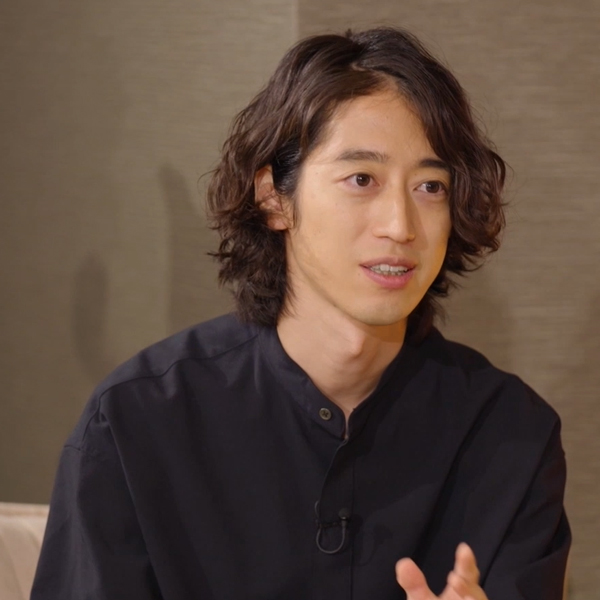 Hayato Sumino |
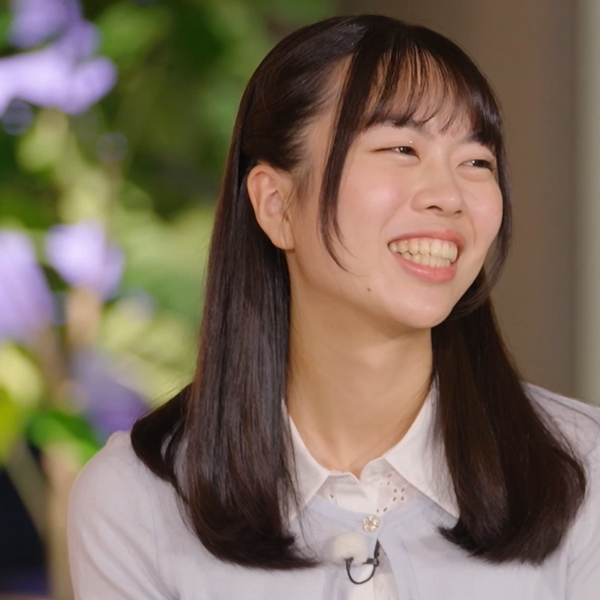 Asami Ueno |
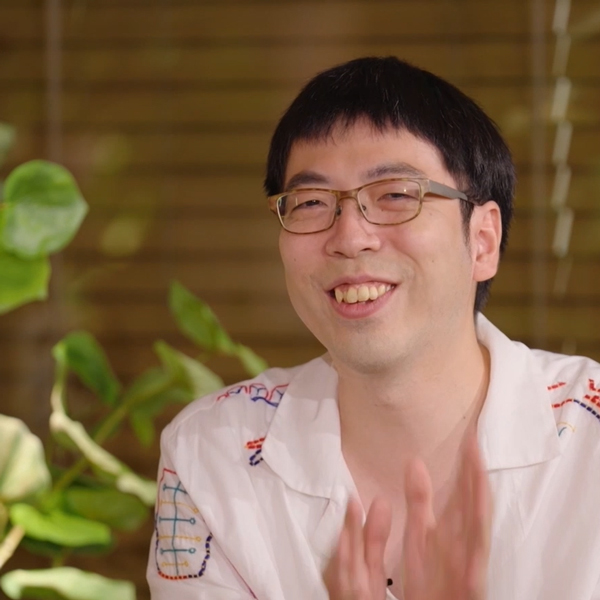 Hirofumi Ohashi |
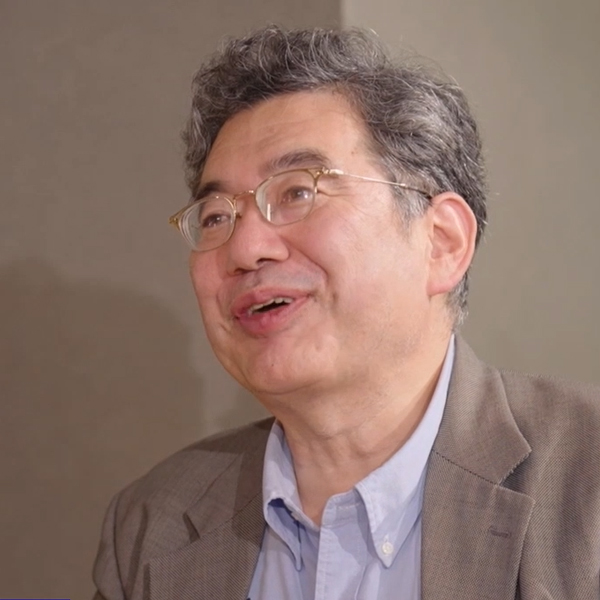 Hitoshi Matsubara |
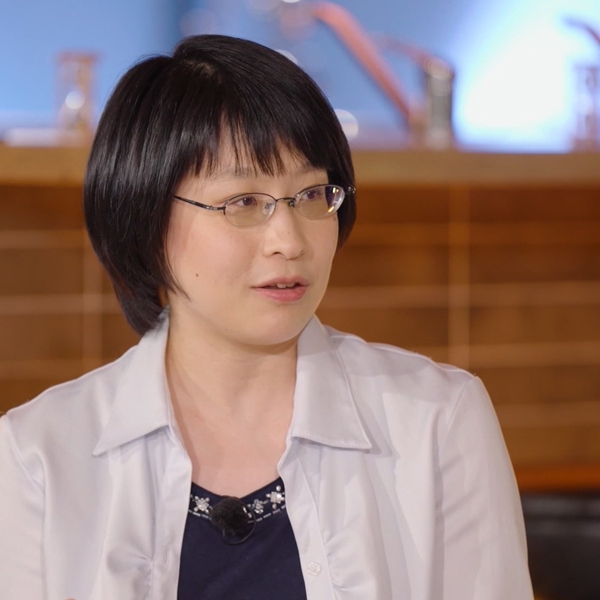 Arisa Ema |
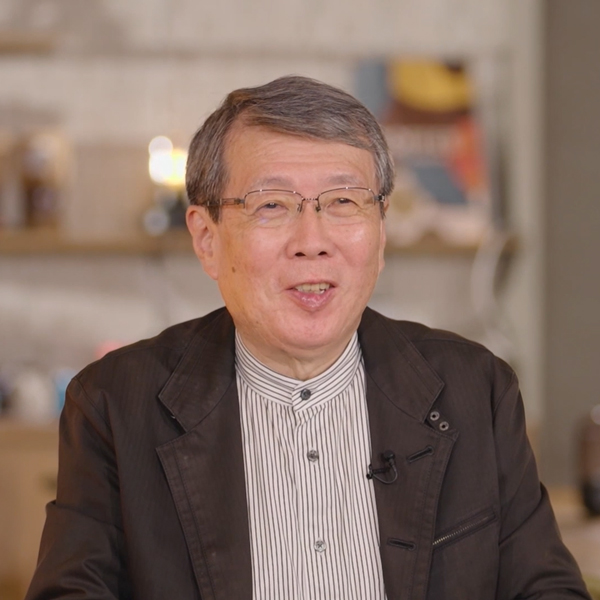 Masashi Haneda |
Video recorded in June 2023
Interview: Yuki Terada






